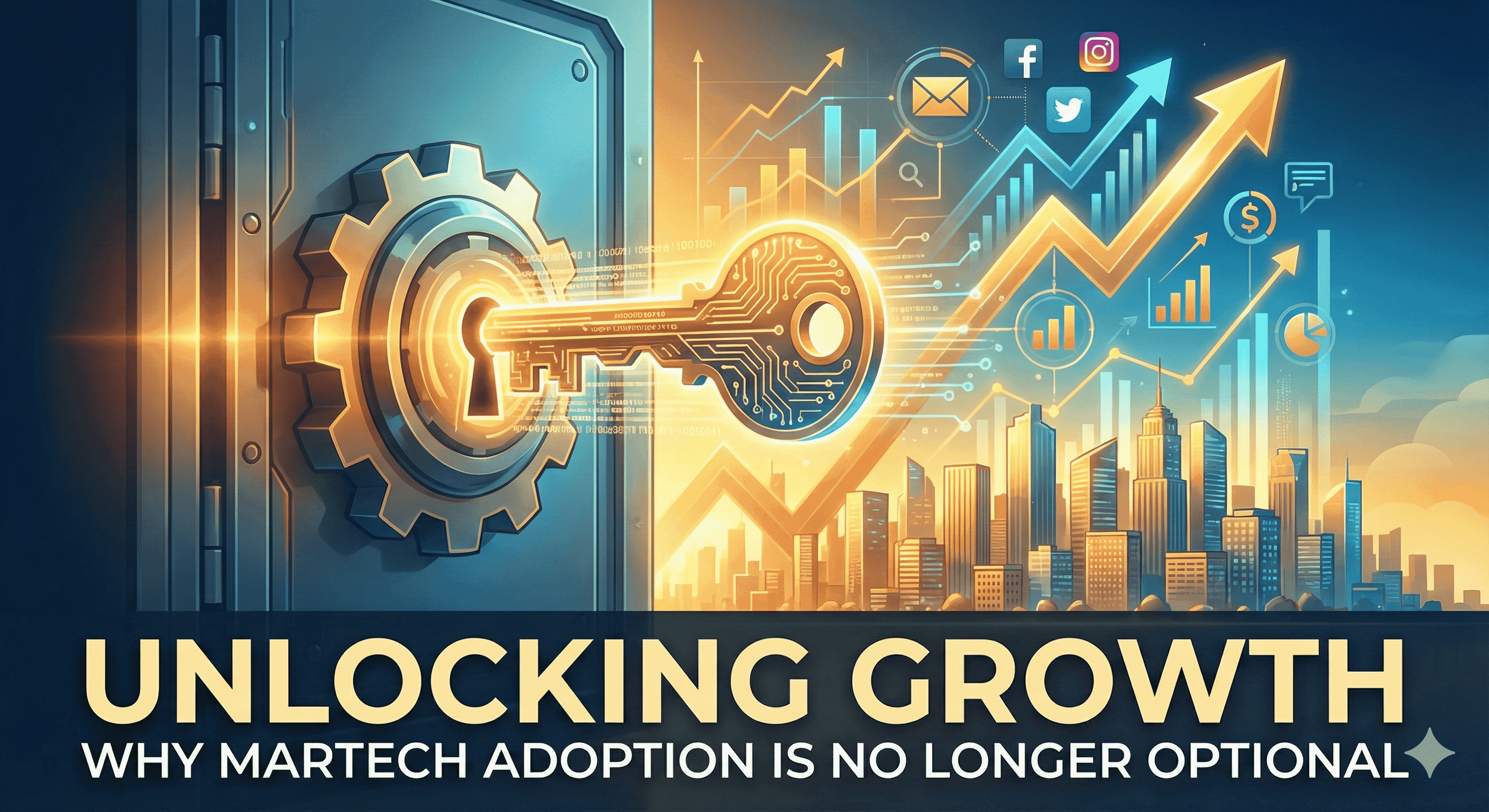In the rapidly evolving landscape of digital marketing, the integration of technology—often referred to as Marketing Technology (Martech)—has become a game changer. As organizations increasingly invest in Martech solutions, understanding their return on investment (ROI) is crucial. The Martech ROI Playbook offers strategic insights to measure and optimize these investments effectively.
Understanding Martech ROI
Martech ROI refers to the tangible and intangible benefits that a business derives from its marketing technology investments relative to the costs involved. Measuring this ROI is imperative for:
- Budget Allocation: Knowing which tools yield the best results can inform future investment decisions.
- Performance Optimization: Understanding ROI allows marketers to identify underperforming channels and strategies.
- Stakeholder Communication: Clear demonstration of ROI helps in gaining support from management and stakeholders.
Key Strategies for Measuring Martech ROI
1. Define Clear Objectives
Before implementing any Martech solution, it’s essential to establish clear business objectives. These could range from increasing sales and improving customer retention to expanding market reach. The objectives must be specific, measurable, achievable, relevant, and time-bound (SMART).
2. Establish Key Performance Indicators (KPIs)
Once objectives are set, the next step is to define KPIs that align with these goals. Common KPIs for Martech ROI include:
- Customer Acquisition Cost (CAC)
- Lifetime Value (LTV) of customers
- Conversion rates
- Engagement metrics (click-through rates, open rates, etc.)
3. Use Marketing Attribution Models
Attribution is the process of understanding which channels contribute to conversions. Implementing attribution models—such as first-touch, last-touch, or multi-touch—can help in identifying which Martech tools are delivering results and how they interact.
4. Leverage Analytics Tools
Utilizing advanced analytics tools is vital for tracking and interpreting data collected from various Martech solutions. These tools can provide insights into customer behaviors, campaign performance, and overall effectiveness.
5. Monitor and Adjust
Regular monitoring of performance against established KPIs is crucial. Implementing a continuous feedback loop allows marketers to adjust strategies and optimize campaigns based on real-time data. A/B testing can be an invaluable technique for understanding what works best.
Strategies for Optimization
1. Streamline Technology Stack
Evaluate your Martech stack to ensure that each tool integrates well and contributes to your overarching marketing strategy. Removing redundancies can save costs and improve efficiency.
2. Invest in Training and Development
Ensuring that your team is well-trained in using Martech tools is essential. Regular training sessions can help maximize the capabilities of the tools and improve overall ROI.
3. Adopt a Customer-Centric Approach
Understanding your customers’ needs and behaviors can inform more effective marketing strategies. Utilizing customer feedback and insights derived from Martech tools can enhance personalization and engagement.
4. Foster Collaboration Across Teams
Breaking down silos between marketing, sales, and customer service teams can lead to better alignment on goals, promoting a unified approach to leveraging Martech solutions. This ensures that all teams are working towards common objectives, enhancing overall effectiveness.
5. Value Beyond Numbers
While quantitative metrics are essential, qualitative insights—such as customer satisfaction and brand perception—are equally valuable. Understanding broader impacts can provide a more holistic view of the ROI of marketing technology investments.
Conclusion
The Martech ROI Playbook serves as a comprehensive guide for marketers seeking to measure and optimize their technology investments. By defining clear objectives, establishing KPIs, leveraging attribution models, and fostering collaboration, organizations can navigate the complexities of Martech ROI. Ultimately, a strategic approach will not only maximize investment returns but also enhance overall marketing effectiveness, driving sustainable growth in an increasingly competitive landscape.








